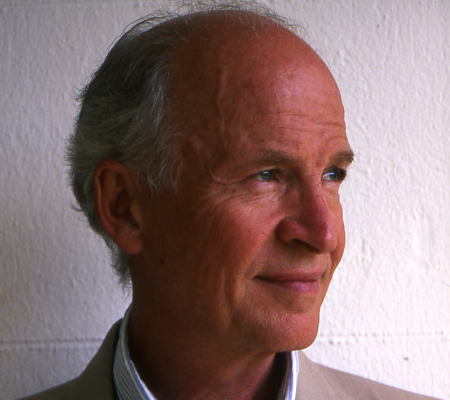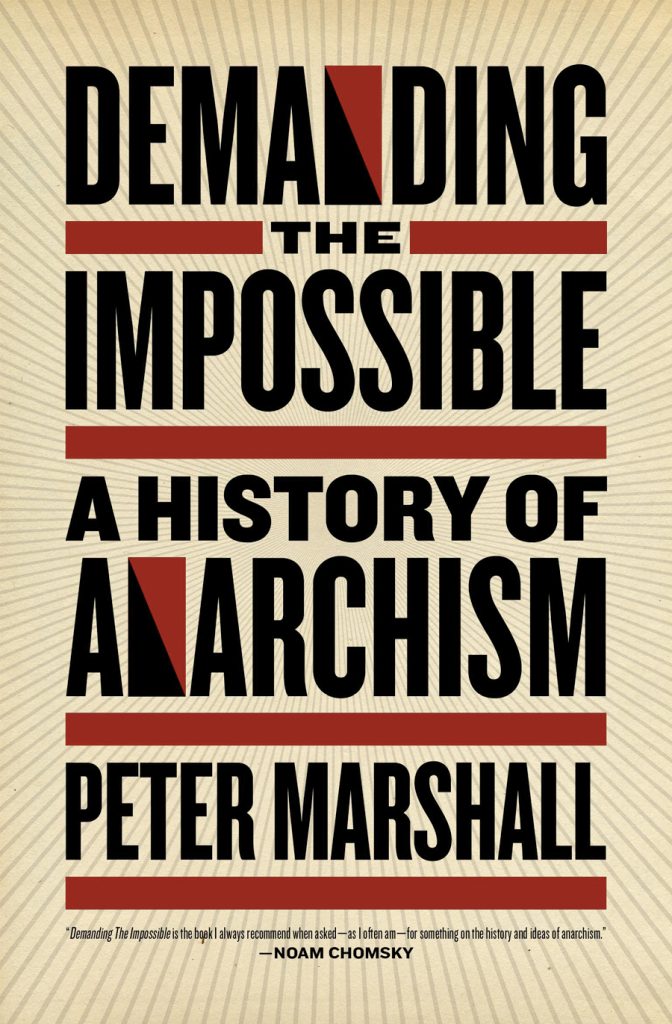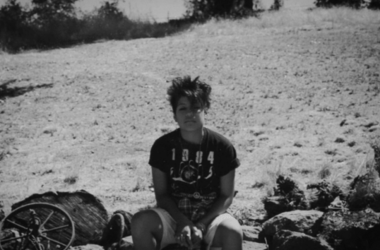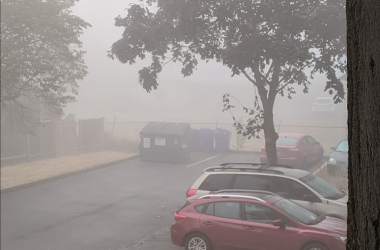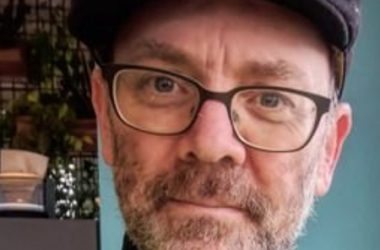By Peter Marshall
May 9th, 2020

There is a Tsunami of hatred at the moment, according to the UN. The worldwide coronavirus has triggered off countries to close their borders, with their leaders trying to blame others. This has encouraged many anti-Semitic conspiracy theories, anti-Muslim feelings (with an increase in physical attacks and verbal abuse) as well as hatred of the ‘Other’. Indeed, there has been an outpouring of nationalism and patriotism bordering on xenophobia.
At this very moment, in England many are celebrating the seventy-fifth anniversary of V.E. Day when Germany surrendered in May 1945, thanks to the help of the Americans and members of the Soviet Union. Japan held out to August until the USA, with the help of Britain, dropped atomic bombs on the civilian populations of Hiroshima and Nagasaki.
In our small village in Devon by the sea, I can hear patriotic songs coming across the valley, with many houses bedecked in red, white and blue bunting, and Union Jack flags. I was pleased to see on my daily walk (allowed by the government and state) one Welsh flag with a red dragon and one Scottish flag, with a white diagonal on a blue background. This is at a time when many in Scotland and Wales would like to see independence and the majority of Irish would like to see a reunited Ireland. This would mean the breakup of the so-called United Kingdom and the isolation of England.
When I was a boy I can remember on a world map that a third of the globe was pink, that is to say, part of the British Commonwealth and Empire. At home there was even a patriotic record called ‘There’ll always be an England’ which went:
Red, white and blue,
What does it mean to you?
Surely you’re proud
Shout it aloud.
Britons awake!
The Empire too,
We can depend on you,
Freedom remains,
These are the chains,
Nothing can break.
‘Red, white and blue’ are of course the colours of the flags of the British Union Jack and the American Stars and Stripes.
For many, patriotism like this can easily degenerate into xenophobia, a profound hatred of the foreigner. A similar sentiment undoubtedly contributed to the desire to leave the European Union in so-called Brexit. Those who voted in the present Conservative government were mainly working class in factory and office, semi-employed or unemployed people, despite having suffered years from Tory-imposed austerity while the taxpayer bailed out the banks and bankers. In particular the so-called ‘red wall’ of the Labour Party supporters crumbled; they voted Tory, mainly I think because they wanted Britain to pull up the drawbridge against the Continent. They were duped by the media to vote against their true interests in what Marx called ‘false consciousness’.
The present Prime Minister in the UK Boris Johnson, who calls himself a friend of Trump (despite the War of Independence in the 18th century), has ensured the V.E. speech by Winston Churchill is broadcasted on the BBC. Churchill ends his victory speech with the words: ’Long Live the Cause of Freedom. God Save the King’.
Having written a book on Churchill, Johnson likes to compare himself to Churchill but he is a lightweight by comparison. He wants the people of the UK to show the spirit of WWII to ‘defeat’ the present virus as if it were a brown plague.
When Churchill said ‘we’ had achieved freedom, he was only thinking about the UK, not the enslaved countries of the Empire. As a Sri Lankan friend pointed out to me, the Empire, including his own country, had at this time no freedom, no democracy, no political rights nor universal suffrage. Many of the British Commonwealth and Empire fought and died during the war. Yet the British colonies had usually to fight for their independence, or as in India, make themselves ungovernable by general strikes and civil disobedience.
I was born in 1946, just after the end of the Second World War. My father was undoubtedly ‘a war hero’ as a fighter pilot in Spitfires and Hurricanes and was shot down three times. I have recorded some of his exploits in my recently published early memoir ‘Bognor Boy: How I became an Anarchist’. He told me that he risked repeatedly his life as a young man because he wanted to defend ‘freedom’ and ‘democracy’ against the fascists. I admire him for his personal courage.
But whether it is right to take up arms against an ‘enemy’ is another question. I have often thought that I would be a pacifist in the First World War, when it was largely about the ruling classes hanging on to their interests in the colonies, but possibly not in the civil war in Spain and the Second World War in which it was a fundamental issue of defeating fascism which was a genuine threat to freedom and democracy.
I have not had to make the choice to fight as there have been no major wars threatening this country on its soil, only minor wars in foreign lands, whether in Egypt, Zimbabwe, Kenya, Libya and other African countries, the Middle East in Afghanistan, Iraq, Syria as well as in Korea and Malaysia. Fortunately, Britain did not get involved with Vietnam. I have not therefore been called up to fight in wars of which I disapprove.
I would therefore agree in general with the sentiments of the British writer Ben Johnson: ‘Patriotism is the last refuge of a scoundrel’. Similarly, Oscar Wilde declared that ‘Patriotism is the virtue of the vicious’. And the American writer Henry David Thoreau perceptively wrote of his fellow countrymen that ‘Patriotism is a maggot in their heads’. We must all knock patriotism on the head if humans are ever to live in harmony together in a beloved community. In particular, I dislike intensively to see patriotism, the exclusive love of one’s country, descend into xenophobia, the hatred of foreigners. The principle ‘my country, right or wrong’ entirely involves suspending any moral judgement or sense of universal justice.
It is deeply ironic that the holiday from May the First when many call ‘Workers of the World Unite’ has been postponed to the eighth of May in order to celebrate the 75th anniversary of V.E. Day. I am truly sorry that about 55 million people lost their lives in the Second World War, yet I consider myself a ‘citizen of the world’, not a narrow ‘subject’ of a monarchy like the UK still is.
As a young Scout at boarding school, which at the time meant temporary freedom from its tyranny, I was obliged to do my ‘duty’ and take an oath to ‘God, Queen, and Country’. I would never do the same again as long as I live. And I advise all not to, if we are ever to escape patriotism degenerating into xenophobia. It is extremely dangerous as hatred of the foreigner can lead easily to war between nations.
Peter Marshall is a philosopher, historian, biographer, travel writer and poet. He has written fifteen highly acclaimed books which are being translated into fourteen different languages. His circumnavigation of Africa was made into a 6-part TV series and his voyage around Ireland into a BBC Radio series. He has written articles and reviews for many national newspapers and journals.

